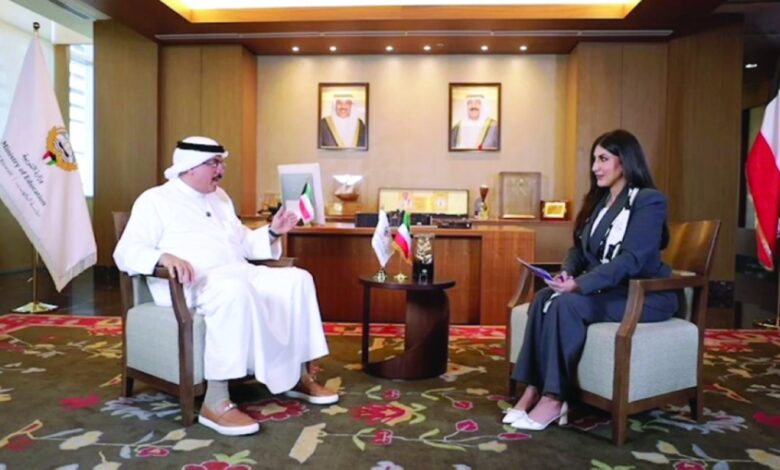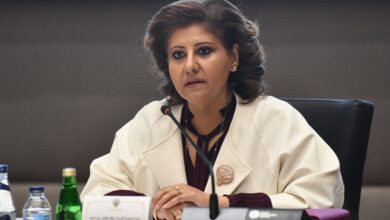Kuwaiti students deserve an education rooted in national values and global standards: Al-Tabtabaei

In a determined move to overhaul Kuwait’s education system, Minister of Education Jalal Al-Tabtabaei has embarked on a wide-ranging reform initiative, beginning with a cooperation agreement with the Organization for Economic Co-operation and Development (OECD).
The goal, he said, is to place Kuwait firmly on the ladder of educational advancement and global competitiveness.
Al-Tabtabaei emphasized the urgent need to restore national education to school curricula, noting that students previously learned little about their homeland. “Students were not taught about Kuwait or the Kuwaiti flag until the fourth grade,” he said. “They didn’t know their country was once called Al-Kut. Even my son didn’t know—because they were never taught as we once were.”
To address this gap, the minister directed the preparation of new textbooks titled “My Country 1, 2, and 3” for the first three primary grades, reports Al-Rai daily.
These books introduce children to Kuwait’s history, flag, and rulers, highlighting the achievements of national leaders such as the late Sheikh Abdullah Al-Salem, founder of the National Assembly, and the late Sheikh Jaber Al-Ahmad, founder of several key national institutions.
Curriculum Development and Reform Plan
The Ministry has completed revisions to 143 textbooks, focusing particularly on science, mathematics, and English, to align with international standards such as TIMSS, PIRLS, and PISA.
“These subjects are essential in international assessments, and the results of Kuwait’s previous tests were a clear indicator that reform was overdue,” Al-Tabtabaei said. “We cannot accept that Kuwait remains at the bottom of global rankings.”
After visiting over 150 schools and consulting with educators, the minister developed a five-pronged reform plan comprising 49 objectives, of which 61 percent have already been achieved. He clarified that this plan serves as a foundation for a future strategic education plan to be developed in cooperation with the OECD.
Teacher Licensing and Quality Development
Highlighting the importance of qualified educators, Al-Tabtabaei reaffirmed his commitment to the teacher licensing project and the introduction of competency tests. “Testing does not mean a teacher is unfit,” he explained. “It identifies strengths and areas for improvement, which we address through targeted training programs in collaboration with the Teachers Association.”
OECD Partnership and Vision Ahead
Al-Tabtabaei said the Ministry chose to work with the OECD after studying various international models, including Finland, a global leader in education. “Our partnership with the OECD will help us accurately assess our current position and design an education system that meets international standards,” he stated.
Expressing determination to end the cycle of stagnation, the minister declared, “The recurring question is, ‘Why have we delayed this?’ My answer is simple — I will not allow any further delay. With the full support of our political leadership, we will move forward so that, soon, the world will speak of Kuwait’s educational success.”












